The effects of Brazil’s infamously tortuous bureaucracy on the country’s economy are well-known. But now, an influx of refugees—more recently, from Venezuela—is exposing how inefficiency may be taking opportunities away from people who need them most.
When coming to Brazil, many refugees from countries such as Syria or Haiti already face barriers such as language and culture in the process of starting their new life, besides the rampant unemployment and economic recession that Brazil is still trying to shake. As if that wasn’t enough, a recent report by the Office of the United Nations High Commissioner for Refugees (UNHCR) shows that 90.5 percent of the graduates among this group have not been able to validate their diplomas.
According to information provided by Brazil’s Ministry of Education, the process of revalidating one’s bachelor’s or postgraduate degree may take months and require many documents, which may explain why many of those refugees are resorting to other job alternatives, in spite of having formal education.
The best way to navigate through this bureaucratic maze is by knowing the proper procedures. The Ministry of Education has created the Carolina Bori platform, which gathers processes and information to make everything quicker and simpler.
The step-by-step process is below, which you can use to get ready for your application in advance.
Requesting diploma validation
Pick a degree that is equivalent to your own at a Brazilian public university qualified by the Education Ministry to validate one’s diploma. The school doesn’t have to be located in the state where you are currently living, but the institution chosen must have availability, as it can only analyze a certain number of cases at one time. This also varies according to the university and course. The applicable universities and courses can be seen here.
Preparing your documentation
– A brief description of the research activities you performed, as well as any internships. You must provide scientific papers produced from your thesis, published in academic journals or presented at conferences. They must contain the name of the author(s), the name of the publication, date of publication, and/or the event’s location.
- A copy of your diploma
- An academic transcript (including a full list of all the study you have completed with the university, authenticated by the institute)
- Names of teachers and professional accreditations signed by the university
- If available, information about the university’s structure, such as labs, libraries, performance reports, institutional policies authenticated by the institute.
- News reports proving the foreign institution’s reputation, if required.
- If the course offered was a partnership between two institutes, you must present documents that prove this cooperation or support from international funding agencies, if applicable.
For double degree programs:
You may require the validation of both certificates, providing documents that prove the program’s existence and its content.
For postgraduate diplomas
- Individual registration with personal data and, if applicable, links with Brazilian institutes.
- An authenticated copy of the diploma provided by the foreign institution.
- A copy of the thesis/dissertation (in both physical and digital formats), alongside an official document provided by the institution, showing the work’s title, presentation date, the names of examiners and advisors, and their résumés. If the thesis wasn’t presented to the public, you must include a document explaining the institution’s evaluation criteria.
- An academic transcript.
- A brief description of the research activities you performed, as well as any internships. You must provide scientific papers produced from your thesis, published in academic journals or presented at conferences. They must contain the name of the author(s), the name of the publication, date of publication, and/or the event’s location.
- If applicable, you must present independent evaluations of the degree program, if performed by a public institution with proper accreditation – as well as news reports.
University analysis process
If the application is accepted, the university will assemble a committee to evaluate the case. The normal process can take up to 180 days, while the fast-track process lasts up to 60 days. Holidays and vacations don’t count towards the deadline.
Certificates eligible for fast-tracking are those which are:
- provided by courses that have already been fully approved by different institutions at least 3 times;
- issued by courses accredited by the Sistema Arcu-Sul (for Mercosur countries only);
- related to courses that have admitted students through scholarships provided by any Brazilian government body.
At this step, universities may ask for additional information for graduates or require the applicant to do extra tests or classes. The applicant must provide the necessary documents, if applicable.
Diploma validation results
The university shall either accept or reject the request. It will also legalize the final document in up to 30 days.
The applicant must then collect their validated diploma at the university.
Source: Carolina Bori platform and Ministry of Education.
What about doctors?
The process to validate a degree in Medicine works through a federal government program called Revalida. As well as going through the process mentioned above, foreign doctors or Brazilians who graduated abroad must pass a two-step exam. At first, the doctors answer a test with 100 multiple choice questions and five written questions. If approved, they must undertake a practical test, where they must successfully pass ten stations simulating real-life tasks, such as diagnosing conditions.
Brazil’s “More Doctors” white coat diplomacy program sparked a discussion about how Revalida is carried out. When Cuban doctors first came to Brazil by way of the program, they had the benefit of not having to go through the re-evaluation process. Once the agreement with Cuba came to an end, the Brazilian government has scrambled for ways to speed up the process. The Bolsonaro administration’s “Doctors for Brazil” program—replacing More Doctors—includes permissions for private universities to revalidate diplomas, beyond just public institutions.
In July, the Ministry of Education announced that the Revalida exam will have two editions per year, but the process will maintain the same structure. Applicants refused in the second test may have a second chance, instead of having to go through the entire process again. [/restricted]

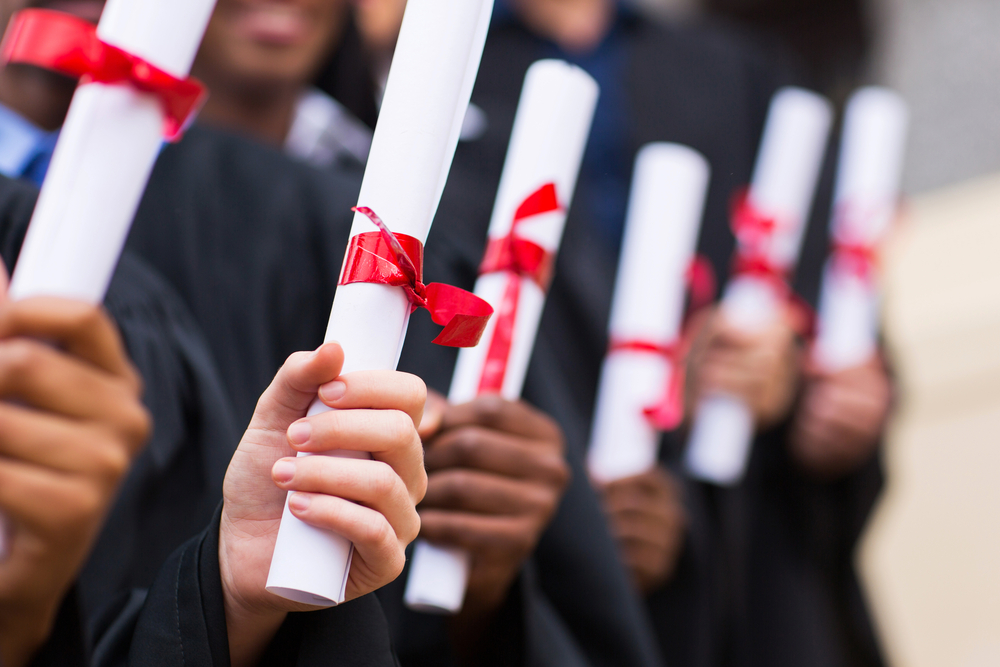
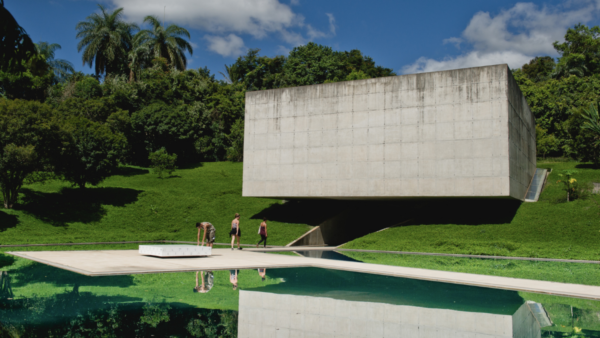
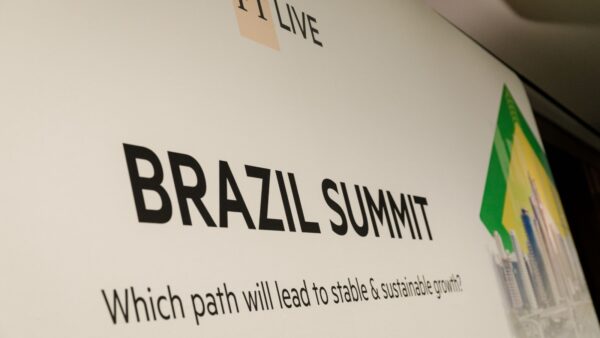
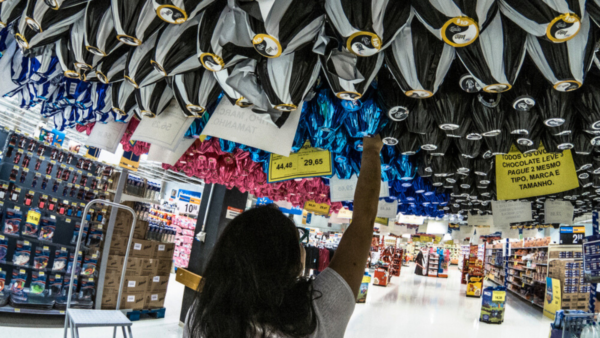

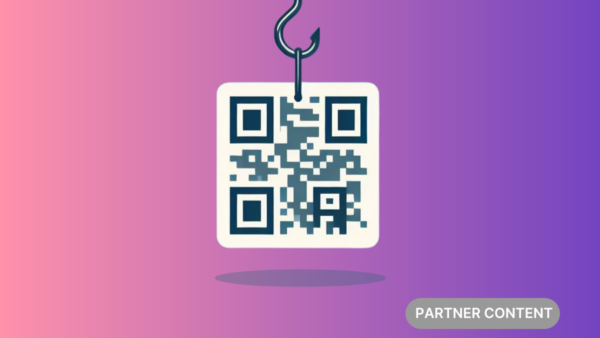


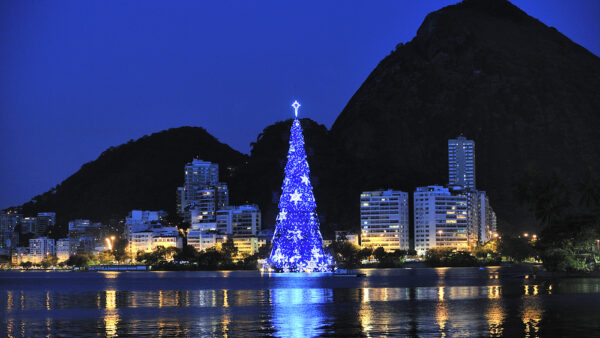
 Search
Search






































